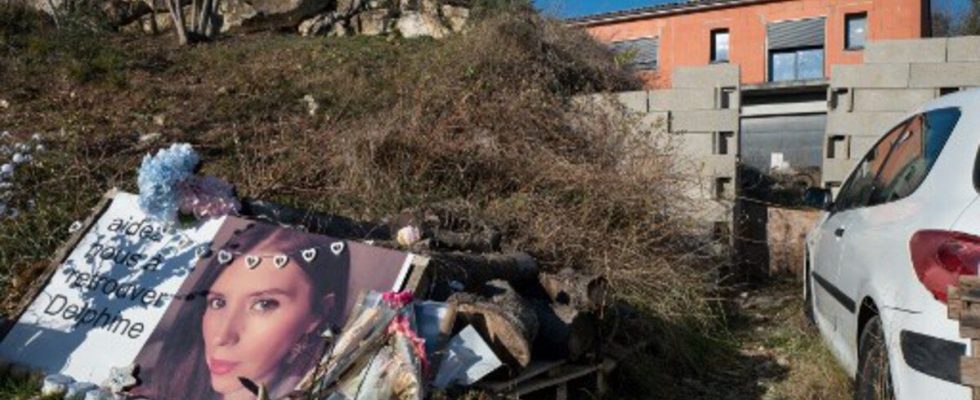No bodies, excavations on an unprecedented scale, and not the slightest trace. Three years ago, on the night of December 15 to 16, 2020, during curfew, Delphine Jubillar, a nurse and mother of two children, disappeared from her home in Cagnac-les-Mines in Tarn. She took nothing except her phone, which was never found. One of the most publicized and mysterious investigations in French criminal annals had just begun in an unfinished house with red brick walls.
The main dates of the affair
December 16, 2020. It was 4:59 a.m. when Cédric Jubillar dialed 17 to indicate that his wife had disappeared. He is worried and confides that he has not seen her since the previous evening, around 11 p.m., when he went to bed.
June 18, 2021. Pierre Yves Couilleau, the public prosecutor of Toulouse, announces the indictment of Cédric Jubillar for “murder of a spouse”, based on “serious and consistent evidence”. The plaster painter is placed in pre-trial detention, in solitary confinement, at the Seysses remand center, near Toulouse. He has since maintained his innocence, but all requests for release filed by his lawyers have been rejected. The couple’s two children, Elyah (18 months at the time of the events) and Louis (6 years old) were entrusted to their aunt, Delphine’s sister.
November 21, 2023. Three weeks after notifying the parties that their investigation was closed, the two Toulouse investigating judges in charge of the case signed their Order of Indictment (OMA). They request the referral of Cédric Jubillar to the Tarn Assize Court, in Albi. The trial could be held there at the end of 2024 or during 2025.
The elements that led investigators to Cédric Jubillar
The investigators’ hypothesis is that of a domestic dispute which would have turned into a tragedy. At the time of her disappearance, Delphine Jubillar had started divorce proceedings and was planning to start a new life with her “lover from Montauban” she met the previous summer. Various testimonies indicate that Cédric Jubillar took the separation very badly, he had even made death threats towards Delphine. Investigations showed that the lover and his wife had an alibi for the night of the incident. Furthermore, neighbors of the Jubillars claim to have heard “a woman’s cries of distress” on the evening of December 15. Finally, their son Louis told the judges that he had seen his parents arguing that evening.
Cédric Jubillar’s three lawyers – Emmanuelle Franck, Alexandre Martin and Jean-Baptiste Alary – tirelessly denounce “an incriminating investigation” and believe that we wanted to “create a guilty person” in a case where “there is no body, no clue, and not even a crime scene.” The technologies deployed by the gendarmes to find traces of blood in the family home yielded nothing conclusive.
On the side of the civil parties, on the contrary, we welcome a well-conducted investigation. “It is inaccurate to claim that all avenues have not been explored,” underlines Philippe Pressecq, one of the lawyers for the civil parties. We have the feeling that things were done seriously and thoroughly. It was very normal to be interested in the man who saw Delphine Jubillar for the last time and who reported her disappearance.
What can still happen
Cédric Jubillar’s lawyers appealed the referral of their client to the court. Their appeal must be examined at the beginning of January before the investigating chamber of the Toulouse Court of Appeal. Whatever the outcome, they will resubmit a new request for release. They also announced their intention to appeal to the Superior Council of the Judiciary (CSM) to attack the investigating judges. They criticize the magistrates for having written, in the code, in their OMA that Cédric Jubillar had killed his wife and denounce “a scandalous attack on the presumption of innocence”. Finally, Delphine’s relatives have not abandoned the idea of continuing research in the Cagnac-les-Mines countryside.

